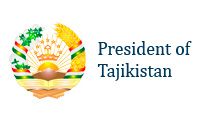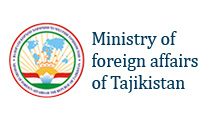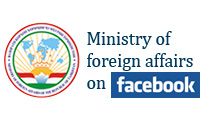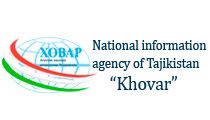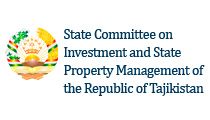Apostille
What is an Apostille?
Apostille – is an international standardized authentication form for official documents for the further use in countries-members of the Hague Apostille Convention. By certifying the authenticity of a signature, seal or stamp of an official document, the Apostille is issued in a hard copy format, stamped and signed by an official of a designated authority authorized to attach an Apostille in the Republic of Tajikistan. An Apostille only certifies the origin of an official document: the authenticity of the signature, the capacity of the person signing the document, and, where appropriate, the authenticity of the seal or stamp, which it bears, but not its content.
Where is the Apostille attached?
An Apostille is attached on originals and copies of documents. An Apostille does not require additional certification and is recognized by the authorities of the States Parties to the Hague Apostille Convention, which is acknowledged to recognize such an Apostille issued in another country. It is not necessary to use an Apostille if there are legal grounds for abolishing the legalization of documents such as the Convention on Legal Assistance and Legal Relations in Civil, Family and Criminal matters (i.e., the Minsk and Chisinau Conventions).
Documents with Apostille do not require any further legalization.
In the UK, the Apostille is placed by Legalisation Office of the Foreign, Commonwealth and Development Office.
The Legalisation Office of the Foreign, Commonwealth and Development Office contact information and fees are available at: https://www.gov.uk/get-document-legalised
In Tajikistan...
Before certain Tajik Soviet Socialistic Republic or Republic of Tajikistan issued documents can be used overseas, document legalisation or authentication may be necessary. It is required by overseas officials who are not able to determine on sight the authenticity of Tajik Soviet Socialistic Republic or Republic of Tajikistan issued documents.
The following documents cannot be apostilled:
- documents signed/sealed/issued by the Diplomatic missions and Consulates of the Republic of Tajikistan abroad
- administrative documents dealing directly with commercial or customs operations (e.g., certificates of origin or import or export licenses)
- documents which cannot be sent abroad (e.g., military docs, IDs)
The Republic of Tajikistan has two tiers of authorities competent to issue the apostille certificate:
1. The Ministry of Justice of the Republic of Tajikistan affixes apostilles to the following documents:
- Tajik civil documents issued by the Civil Status Registry Office (ЗАГС / САҲШ)
- official documents issued by the state notaries public
- documents issued by courts and execution procedure authorities
- documents issued by office of public prosecutor
1. The Ministry of Foreign affairs of the Republic of Tajikistan issues apostille for all other documents, except those mentioned above.
How long it takes
It normally takes 5 business days to verify an official's signature/seal and placing an apostille on the document. For urgent enquiries it will take up to 3 business days.
As some applications may require further enquiries, these applications may take longer than our quoted average turnaround time.
How to get an apostille certificate
Make sure you have enclosed:
- The application form or a covering letter
- ID + copy
- the document to which the Apostille is to be attached + copy
- certificate of taxpayer + copy (for Tajik taxpayers)
- certificate of incorporation (for legal entity only)
- Receipt of payment
Payment
The fee is 5 USD for private individual and 10 USD for legal entity
PAYMENT METHOD - BANK TRANSFER ONLY
Bank account details of the Consular Section are following:
Bank name - Lloyds Bank
Account name – Embassy of the Republic of Tajikistan
Sort Code – 30-65-41
Account number – 40805868
While making bank transfer, applicant must indicate his/her name and surname as a reference.
Apostille Verification
To verify your Apostille please visit www.apostille.tj

What Does the Tajik Apostille Certificate Look like?





